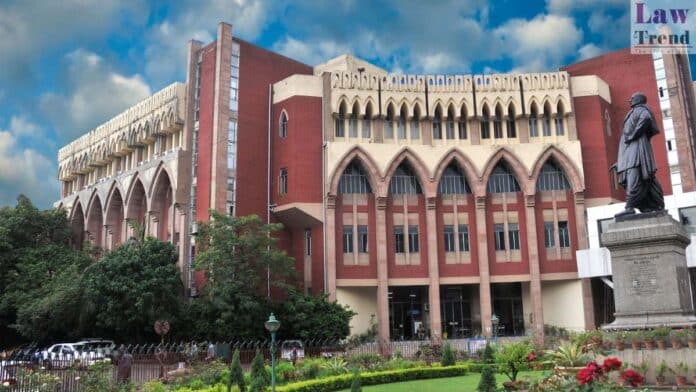In a significant ruling, the Calcutta High Court has emphasized that courts should not delve into the merits of a case when considering applications for amendment of plaints under Order 6 Rule 17 of the Code of Civil Procedure. The judgment was delivered by Justice Shampa Sarkar in the case of Sri Anup Kumar Sharma
To Read More Please Subscribe to VIP Membership for Unlimited Access to All the Articles, Download Available Copies of Judgments/Order, Acess to Central/State Bare Acts, Advertisement Free Content, Access to More than 4000 Legal Drafts( Readymade Editable Formats of Suits, Petitions, Writs, Legal Notices, Divorce Petitions, 138 Notices, Bail Applications etc.) in Hindi and English.




